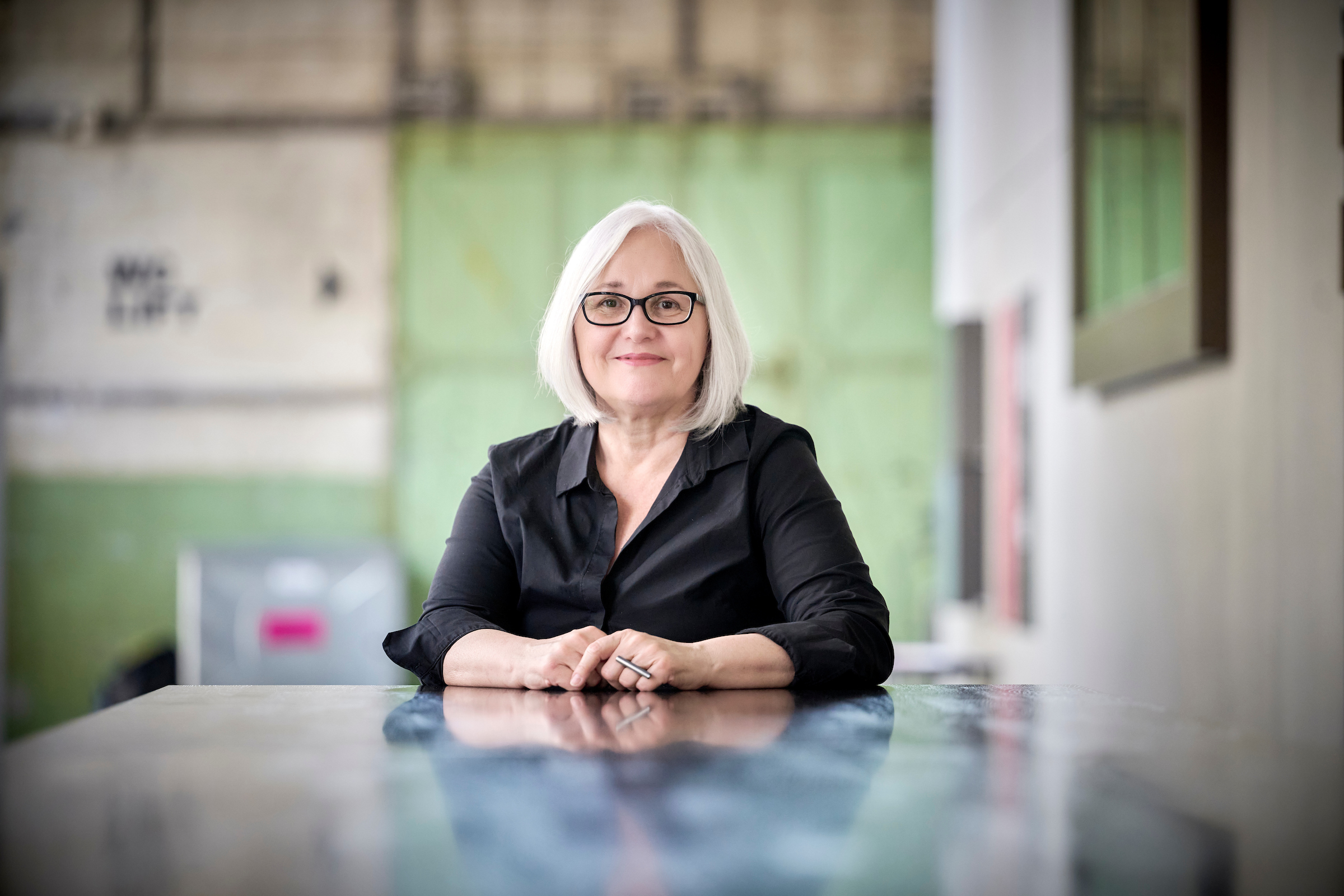Strengthening diversity in working life: G-VERSITY presents its results
Gender equality and valuing diversity in the workplace are the key to a just future for our societies: This is the main message of G-VERSITY, a four-year European research project led by the University of Bern. The network presented solutions to achieve this objective at its final conference.
G-VERSITY is a research network that provides expertise to achieve equality between men and women and between sexual and gender minority groups in occupations and positions where each of these groups is still under-represented. The network has looked at which factors influence these groups’ educational and professional careers and at how to promote gender diversity in working life. The current research results are targeted equally at science, society and business.
A major European project
Launched in 2020, G-VERSITY comprises research groups in nine European countries from different disciplines, including psychology, education, management, business administration, media and communication sciences, as well as several partner organizations, from industry too. G-VERSITY has received €4.1 million in funding from the EU “Horizon 2020” research and innovation program. Sabine Sczesny from the Institute of Psychology at the University of Bern initiated and coordinated the project.
The results were presented at the final G-VERSITY conference, which was held in Bern from June 12 to 14, 2024. More than 110 talks and presentations showed how gender equality can be achieved and how diversity in the world of work can be valued more highly.
How to generally promote gender diversity in working life
“The first priority is always to raise awareness for the topic, be it through the media or directly in schools or organizations,” says social psychologist Sabine Sczesny. It is important “to show what gender categorization leads to: On the one hand, men and women have so far mainly worked in separate occupational fields, while on the other hand, men are mostly employed in management positions.” This results in a whole variety of negative consequences, ranging from sexual harassment to a gender pay gap and female poverty in old age. Furthermore, stereotypes about how a man or woman is supposed to be should be eliminated. Particular attention also needs to be paid to the social inclusion of gender and sexual minorities, in order to protect these people too from negative consequences such as unemployment and violent crime.
“The most effective way to counteract these stereotypes,” says Sczesny “is at home, in kindergartens, and at school. Although as people we have a need for categorization, the categories men and women have led to structural discrimination, which must be eliminated.” The objective in modern societies is therefore to reflect on prejudices and to perceive everyone as an individual, regardless of their gender.
From research to practice
G-VERSITY offers guideline with practical solutions on the project’s online platform. These are available to anyone who wants to promote diversity and inclusion, such as schools, employers, equal opportunities officers and politicians. For example, there are guidelines on how companies can communicate gender diversity more effectively, how to promote the inclusion of under-represented groups or how to conduct training on gender diversity. This knowledge is also disseminated across Europe through media and social media as well as by holding talks and presentations in companies and organizations.
Emotionality in diversity statements
One example of the research on which these guidelines are based is a paper on emotionality in diversity statements. In order to attract and retain a more diverse workforce, many companies are taking initiatives to promote diversity, for example on their websites. Vladislav Krivoshchekov (Czech Academy of Sciences), supervised by Sabine Sczesny at the University of Bern and in cooperation with Sylvie Graf of the Czech Academy of Sciences, investigated the effect of positive emotionality in diversity statements by companies in his research project. The analysis of the statements by 600 European companies showed that although they differed in the level of emotionality, generally speaking companies avoided highly emotional words. Another experimental study showed that a high level of positive emotionality in diversity statements triggers more positive emotions and leads to a more positive attitude toward the company. “Highly emotional words (e.g. passionate; happy; from the heart) in diversity statements are therefore crucial if companies want to increase their attractiveness for potential employees,” says Sabine Sczesny.
More information on the G-VERSITY project and the conference (program) can be found at:https://gversity-2020.eu/g-versity-project.html You can find more results and proposed solutions from G-VERSITY in the G-VERSITY research blog at https://gversity-solutions.org/. |
About the Department of Social Neuroscience and Social PsychologyThe department is based in the Institute of Psychology at the University of Bern. It investigates general principles of human behavior and decisions in a social context. In addition to expanding basic knowledge, the department’s research also includes the biological foundations of social decisions and behavior as well as the application of behavioral-economic paradigms. It conducts empirical and quantitative research. The areas of focus are social neuroscience, neuroeconomics, cooperation, social conflicts, prosocial behavior, self-control, stereotypes/prejudices. |
2024/06/14


